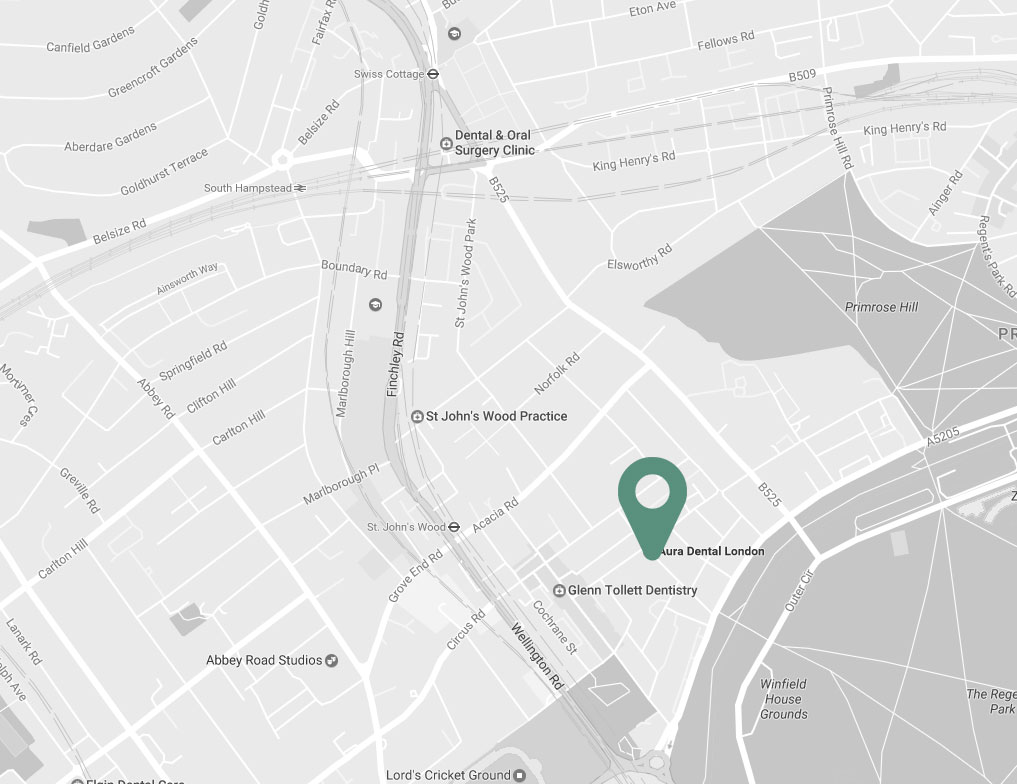
Most people think that indigestion, reflux and stomach pain after meals are due to over-acidity of the stomach. In a vast majority of cases, this is not true. What most people suffer from today is what is called “hypochlorhydria” which is insufficient hydrochloric acid secreted from the stomach in response to meals.
Apart from feeling comfortable after and in between meals, hydrochloric acid (that is stomach acid) serves many purposes. First of all, it is the first line of defence between the outside world (any potential bacteria ingested) and the gastrointestinal system.
Low stomach acid does not offer adequate protection. A potential infection can lead to a lot more gut issues and an imbalance in the gut flora that can further disrupt the stomach’s delicate balance. By killing pathogenic bacteria, our stomach acid is responsible for proper immune function. This is because 80% of our immune system is found lower down, in our gut.
Stomach acid is also responsible for breaking down proteins into smaller molecules, called amino acids. Proteins cannot be digested and absorbed in the form we consume them. They need to be broken down very well by the stomach (after good mastication of course!).
Stomach acid is also responsible for vitamin B12 absorption. Compromised stomach function, like in older age, can lead to serious vitamin B12 deficiency. Many of my clients that suffer chronically from reflux and indigestion score low on the B12 blood test.
Finally, hydrochloric acid breaks down essential health minerals like calcium, magnesium and iron. 80% of the population today is deficient in magnesium.
Adequate stomach acid is required to break down protein, especially animal-based sources like meat, fish, seafood and dairy. Many people who have low stomach acid complain of feeling heavy after meals (especially protein-rich meals) and even lose their desire to eat meat.
Chronic intake of antacids and PPIs
While most people think that antacids can help reduce bothersome symptoms, in the long term, they make symptoms worse. Antacids block hydrochloric secretion, the body as a reaction will produce more and more antacids will be needed. In addition, antacids often lead to bloating and flatulence.
They also block mineral absorption (calcium, magnesium) and weaken bones. Long-term use can lead to kidney stones. Antacids should not be used on a regular basis. There are many natural alternatives to ease the symptoms while addressing the root cause.
Stress
Stress can weaken the oesophageal or cardiac sphincter (found between the stomach and the oesophagus) letting acids secreted from the stomach reach the oesophagus and mouth.
Other medications, like chronic use of NSAIDs, antibiotics and oral contraceptive pills
They all affect the gut flora with subsequent consequences on stomach function.
Eating too quickly and too much
It is recommended to eat until 80% full. If you are eating too fast or mindlessly, you will find yourself too full when it’s too late.
Insufficient chewing
You should chew your food until it becomes really mushy. Your stomach doesn’t have teeth. Undigested foods and proteins irritate the gut and are not absorbed properly. Start by counting 20 chews for each bite!
Low mineral intake
An imbalance in electrolytes can lead to imbalanced stomach acid secretion. Zinc and sea salt can really help.
Low salt intake
There is nothing wrong with authentic, unprocessed salt like sea salt and original Himalayan salt (Pakistan). You can add salt to your meals freely. The problem is with processed supermarket and processed foods/restaurants salt (or else called sodium chloride, devoid of all other minerals).
Too many fluids with meals
If you have a sensitive stomach, it is preferable to have your water or other drink at least half an hour or one to two hours after your meals.
Past history of vegan or vegetarian diets
Mainly because of the consumption of lots of foods that contain anti-nutrients and lack of essential nutrients.
The problem is that low stomach acid can lead people to eat less protein (because they have a hard time digesting it, which further leads to lower stomach acid).


| Charlbert St, St John’s Wood London NW8 7BT |
|
| +30 6977 2099 88 | |
| info@naturopathy-med.com |